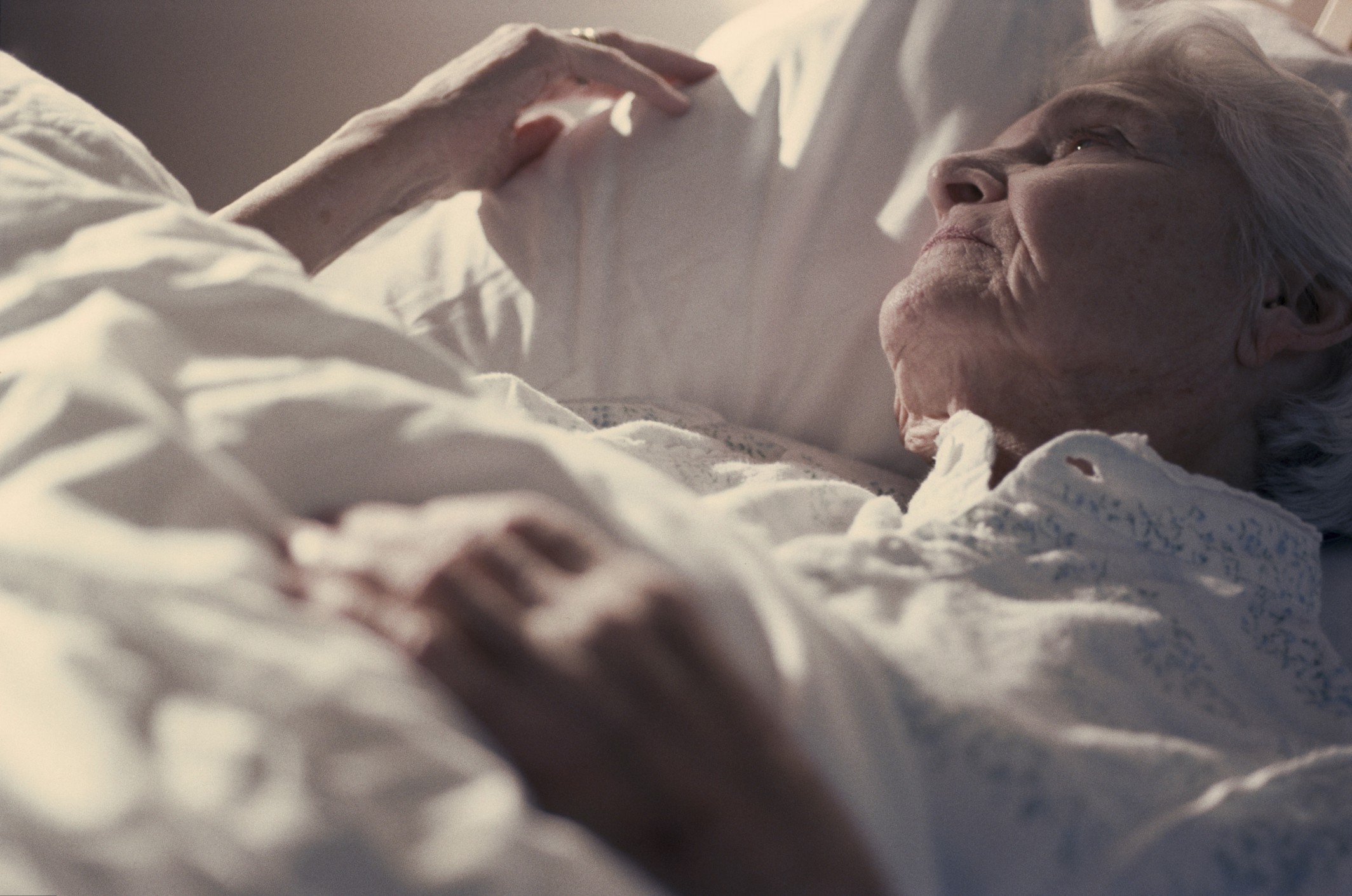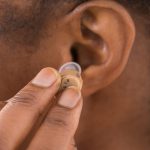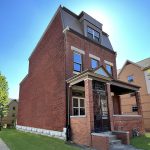As we age, getting a good night’s sleep can become increasingly difficult, leading many older adults to take over-the-counter drugs to help them nod off.
This practice – and the dangers associated with it – was recently called to the attention of U.S. policymakers during a congressional briefing given by a workgroup led by University of Pittsburgh Graduate School of Public Health aging expert Steven Albert, Ph.D.
“Over-the-counter sleep aids are intended only for occasional difficulty with sleep and are not meant for regular use,” said Dr. Albert, chair of Pitt Public Health’s Department of Behavioral and Community Health Sciences. “Their safety is not well-studied in older adults, and there are concerns that the effects of these drugs could linger, increasing the risk of falls and vehicle accidents. Coupled with alcohol or taken in excess, these drugs also could cause serious health problems.”
An estimated 1.1 million adults 65 years of age and older in the United States are using an over-the-counter sleep aid containing diphenhydramine or doxylamine – such as Tylenol PM, Benadryl, Unisom or ZzzQuil – according to results of the National Health and Wellness Survey. Over half of those people report using the sleep aid with alcohol.
At the briefing, sponsored by the Senate Special Committee on Aging and also attended by representatives from the Food and Drug Administration and the National Institutes of Health, Dr. Albert led a group from The Gerontological Society of America (GSA) in calling for more research into the best ways to promote sleep health in older adults.
In addition to noting the dangers of over-the-counter sleep aids and importance of their appropriate use, the group also emphasized the serious consequences of untreated sleeplessness in older adults. According to the National Sleep Foundation, Americans sleep an average of 6 hours and 31 minutes each night, but report that they need nearly 45 minutes more to function at their best. Roughly one in six older adults report sleep difficulties.
“Lack of undisturbed sleep in older adults can lead to slowed response times, memory and concentration impairments, shortened lifespan, reduced quality of life and higher use of health care,” said Dr. Albert. “Despite the pervasive impact on health and well-being, sleep difficulties in older adults are under-recognized and undertreated. This is bad for their health, but also for the safety of the general public.”
The congressional briefing was part of an ongoing national conversation on sleep health research, education, policy and advocacy, all aimed at developing and instituting strategies that promote the goal of optimal sleep.
In conjunction with the briefing, GSA also distributed a new white paper, “Sleep Health and the Appropriate Use of OTC Sleep Aids in Older Adults,” which includes research on the topic by Dr. Albert and other experts in the field.









